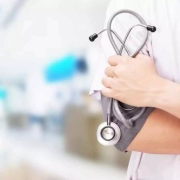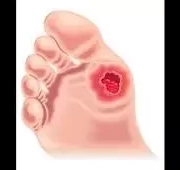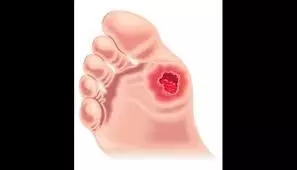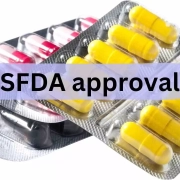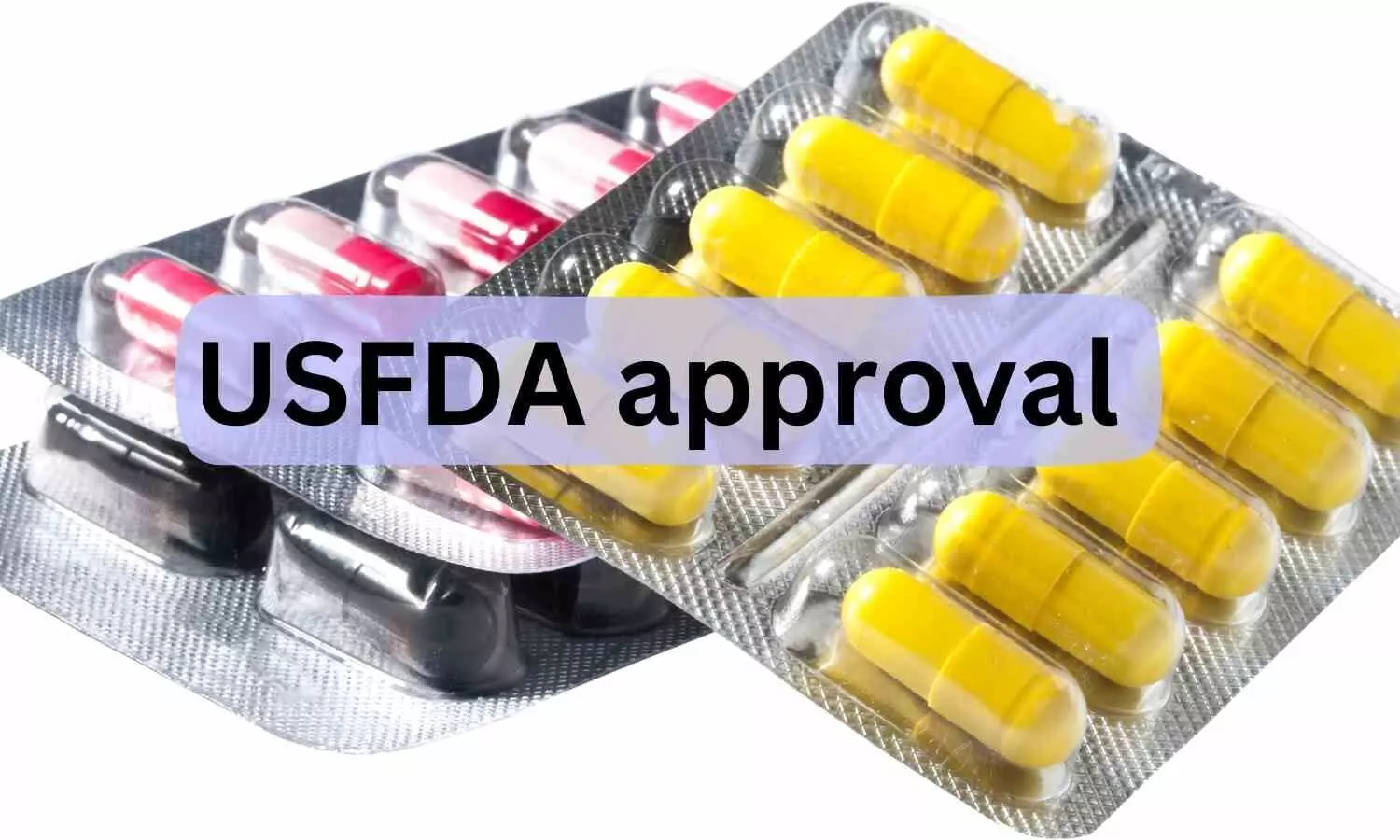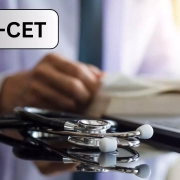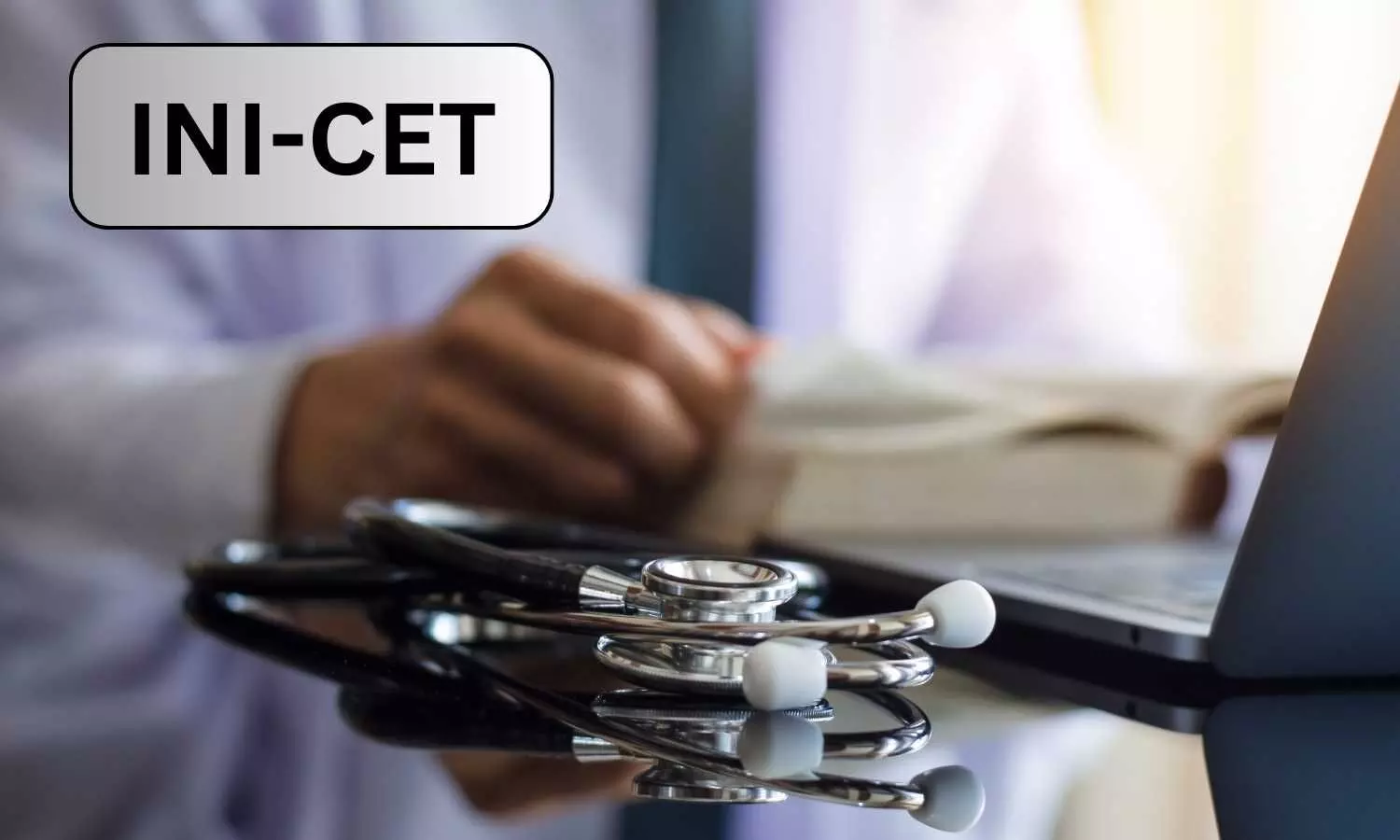30 percent sanctioned posts of doctors, paramedical staff in CGHS vacant: Parliamentary Panel

New Delhi: Around 30 per cent of the sanctioned strength of doctors and paramedical and administrative staff in all CGHS set-ups across the country are lying vacant, the parliamentary committee recommends the health ministry to fill up all vacant positions.
A parliamentary committee has flagged the issues of poor doctor-to-beneficiary ratio, long waiting times for patients in Central Government Health Scheme (CGHS) dispensaries and a decrease in the quality of patient care.
The Department-related Parliamentary Standing Committee on Health and Family Welfare in its 155th Report on the ‘Functioning of Central Government Health Scheme (CGHS)’ presented in Rajya Sabha noted an additional requirement of about 20 to 30 per cent of the sanctioned strength of doctors and paramedical and administrative staff, over and above the sanctioned strength, in all CGHS set-ups across the country.
Also Read:Private Hospitals Look Forward to Health Ministry Revision of CGHS Crucial Package Rates
The additional requirement for a junior health administrative assistant is around 70 per cent of the present sanctioned strength, the committee said, adding during the deliberation, the Union health ministry informed that a considerable percentage of the sanctioned strength of medical and administrative staff is also lying vacant.
“This leads to a poor doctor-to-beneficiary ratio, long waiting times for patients in CGHS dispensaries and a decrease in the quality of patient care,” it said.
Opening or operating CGHS centres without sufficient doctors and staff has no meaning and causes inconvenience to beneficiaries, the committee said, recommending the ministry to expedite the recruitment process and fill up all vacant positions.
The committee has also recommended the ministry to investigate the issues of delay in procurement and subsequent distribution of medicines.
It suggested bringing in necessary changes in the guidelines and simplifying the procedure for the local purchase of medicines to ensure an uninterrupted supply of medicines.
It also recommended that the ministry establishes a mechanism to ensure the continuous availability of basic or essential medicines at CGHS dispensaries so that the need for local purchase does not arise.
“The ministry should take necessary steps towards course correction, including making the required funds available for regular supply of medicines,” the panel said.
The committee stated that after visiting the medical officer at the wellness centre, the beneficiaries are issued medicines at the pharmacy counter.
If the medicines are available, they are issued right away. The medicines not readily available at the centre are indented and procured through an Authorized Local Chemist (ALC) within 48 hours.
It has come to notice that the medicines are often not procured promptly, causing inconvenience to the beneficiaries. In many cases, the bid or contract of the ALC is not renewed well in time and the dispensary is not in a position to supply the medicines, it highlighted.
It also suggested reducing the turnaround time to receive indented medicine to less than 24 hours.
“The ministry should make necessary course corrections to ensure that the indented medicines are available by the very next day morning,” the panel said.
In view of complaints regarding the quality of medicines disbursed at the pharmacy counter of the dispensary, the committee has recommended the ministry to establish a mechanism ensuring rigorous testing of medicines.
With respect to the payment or settlement of bills of empanelled hospitals, the ministry deposed before the committee that they had huge liabilities of pending bills.
On an average, bills amounting to Rs 10 to 12 crore per day are received by CGHS authorities across the country.
However, in the last financial year 2022-23, they cleared the bills to the tune of Rs 3100 crore, including the pendency carried forward from the year 2021-22.
In the financial year 2023-24, from April to July 2023, bills worth around Rs 1468 crore have been received by CGHS, out of which payment to the tune of approximately Rs 1672 crores (including the carried forward pending amount) has been made to the hospitals till August 24, 2023.
The committee observed that many bills due for payment are carried over to the next financial year owing to various reasons, which is affecting the credibility of CGHS.
“It is one of the major reasons for refusal of treatment to CGHS beneficiaries by some of the empanelled hospitals. The empanelled hospitals are in financial distress because of outstanding dues from CGHS,” it observed.
The panel recommended that the ministry establishes a mechanism for daily review of pending bills to ensure that the processing of bills gets smoother and disbursements are made seamlessly. The Ministry should fix a turnaround time for the settlement of bills, it said.
Powered by WPeMatico

